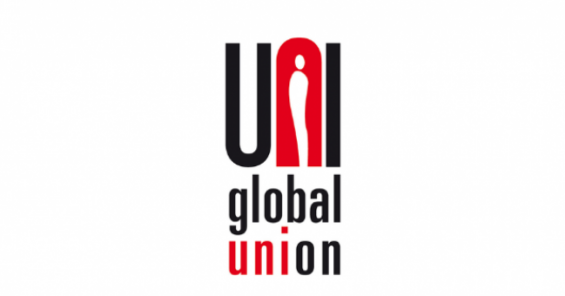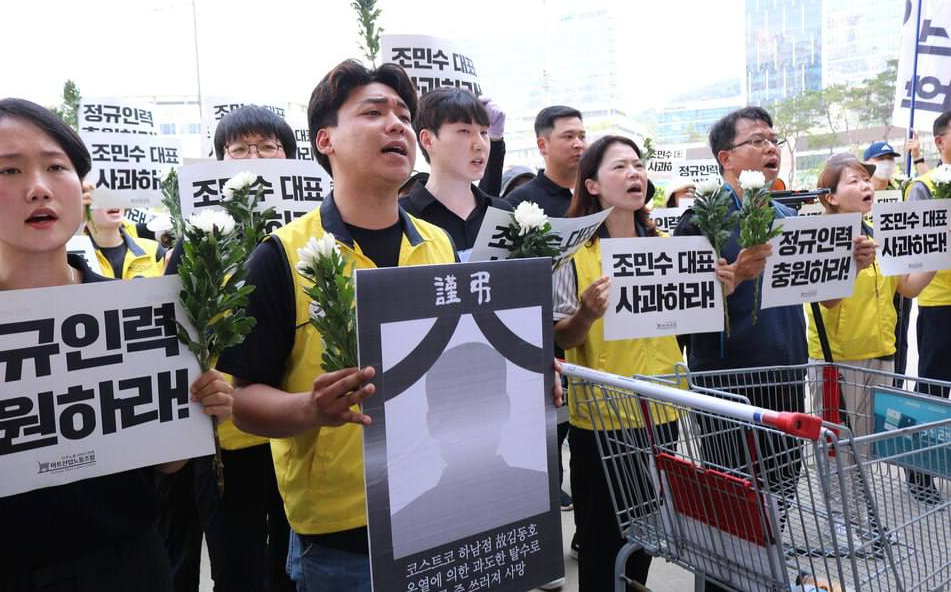Protesters were voicing their concerns about rising costs of living in the country after a unilaterally imposed hike in fuel prices by President Mnangagwa’s government.
Reports have confirmed that General Secretary of ZCTU Japhet Moyo has been arrested. UNI Africa Regional Secretary Keith Jacobs condemned the fierce violence in Zimbabwe and called for the immediate release of Moyo, stating that the arrest was unconstitutional.
“We are outraged by this brutal crackdown by the government of Zimbabwe on its own people. When a government turns the security apparatus and guns on their own citizens, they no longer deserve power,” said Jacobs. “The situation in Zimbabwe is dire – trade union leaders are being arrested on trumped up charges or in hiding, and ordinary civilians are being attacked.”
“We will not stand by in silence whilst this violence continues and we offer our full solidarity and support to our Zimbabwean brothers and sisters.”
ZCTU reports an escalation of violence as well as the use of live ammunition, killing at least twelve protesters. There have been widespread reports of over 70 protesters sustaining gunshot wounds while taking part in the ongoing nationwide protests as well as a complete shutdown of the internet. The Zimbabwe High Court has since issued an order to the government to restore the internet in full, judging that the security minister did not have the authority to issue this directive. The government violence is the latest in a series of attacks on workers’ rights.
In a letter to the government dating 11 January 2019, ZCTU expressed serious concerns about the escalating prices of goods and services. The letter outlined specific measures to remedy the situation and warned of the prospect of a general strike in the case of inaction. The following day, the government announced a 150% increase in fuel prices.
“We were shocked that the government is adding another burden on the poor and ordinary men and women of this country,” explained Peter Mutasa, ZCTU President. “With the price increases of fuel and basic commodities, we are now working just for transport,” he explained. Recent government measures are increasing food insecurity and have rendered transport costs prohibitive.
The trade unions’ call to action, which began on Monday, is supported by a broad alliance of civil society organisations reflecting the generalised discontent with government policies that are driving workers and their families further into poverty.
UNI joins the ITUC and international labour movement in calls for an immediate end to violence and stands in full solidarity with workers in Zimbabwe and their demands to:
- end the economic crisis and hardships;
- reverse the fuel price increase;



